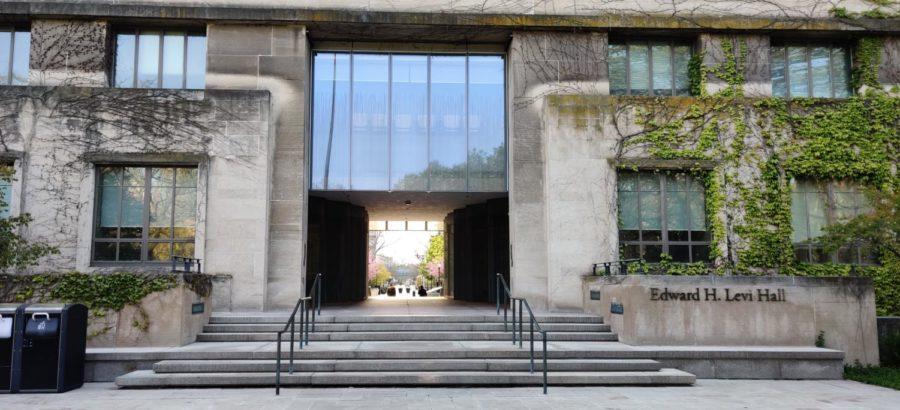The minimum annual stipend for UChicago Ph.D. students will be increased to $37,000 at the start of the 2023-2024 academic year. This is a $4,000 increase from the current minimum graduate stipend, which sits at $33,000.
The increase was announced by Provost Ka Yee C. Lee in an email sent to all Ph.D. students on January 3, 2023. According to the email, the funding increase “reflects the University’s substantial ongoing efforts to strengthen [its] support for Ph.D. students.” The email noted that the increase was motivated by “rising inflation” and the University’s aim to offer “competitive stipends for prospective students.”
Valay Agarawal, the communications secretary for Graduate Students United–United Electrical, Radio and Machine Workers of America (GSU–UE), believes the University’s funding increase is to make unionization a less appealing option for graduate students. Graduate students are set to vote on unionizing in an election taking place on January 31 and February 1.
“When a union is organizing, raises are usually a tactic [used] by the employers to discourage unionization,” Agarawal said in an interview with The Maroon. “As a union, we are happy because ultimately [the raise] improves the life of all graduate workers, but we want something so much more than that.”
Agarawal noted that raises for UChicago graduate students have historically come around the time of large unionization pushes, such as during the 2017 union election and when GSU went on strike in spring quarter 2019. This trend has also been observed at other universities whose graduate students are in the process of unionizing. Graduate students at the Massachusetts Institute of Technology, Duke University, and Dartmouth College all received raises after the initial stages of union organization.
Agarawal discussed how unionization would offer benefits like vision and dental insurance to UChicago’s graduate student workers.
“[Unionizing] is about the issues that will make us do our work better,” Agarawal said. “We are here to pursue an academic discipline, and we want to be able to do that without having to worry about paying rent or medical bills.”








